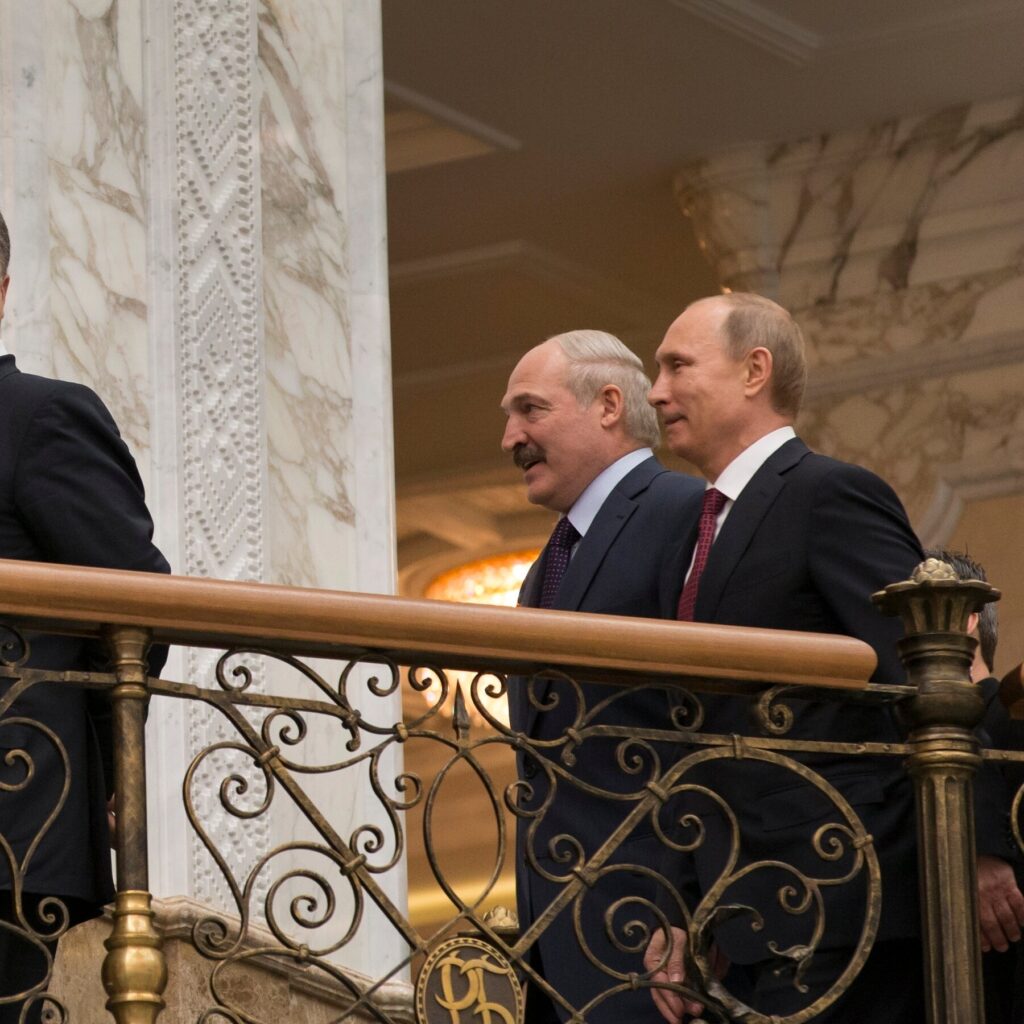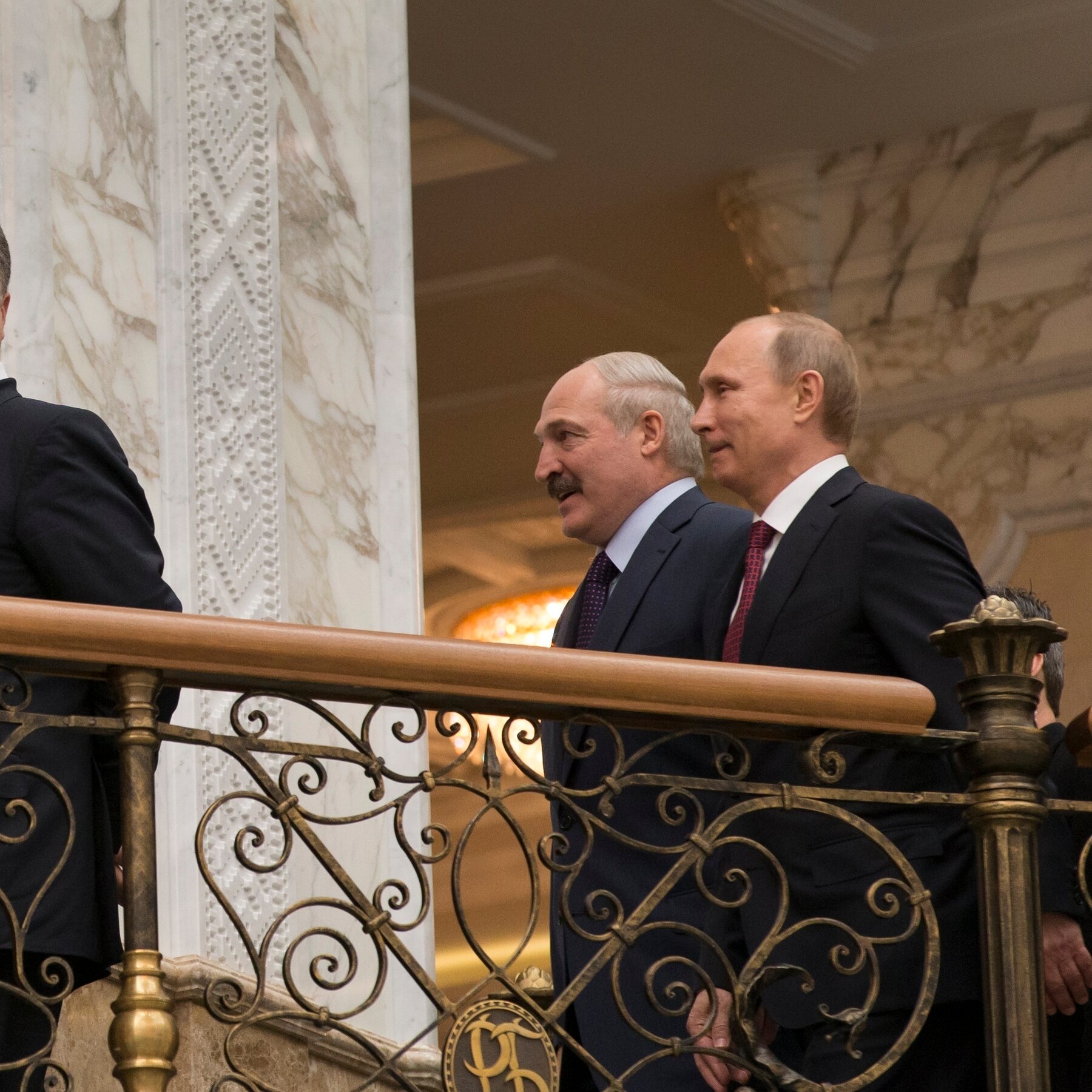The Minsk agreements sought to resolve Russia’s earlier invasion of Ukraine and never did.
The Minsk agreements sought to resolve Russia’s earlier invasion of Ukraine and never did.

Read the full article on NY Times World
Truth Analysis
Analysis Summary:
The article's claim that the Minsk agreements aimed to resolve Russia's earlier invasion of Ukraine and ultimately failed is largely accurate. The sources confirm the purpose and ineffectiveness of the Minsk agreements. However, the phrasing implies a direct causal link between Russia's actions and the agreements' failure, which introduces a degree of bias by potentially oversimplifying a complex situation.
Detailed Analysis:
- Claim: The Minsk agreements sought to resolve Russia’s earlier invasion of Ukraine
- Verification Source #1: Mentions the Minsk agreements in the context of the conflict in Ukraine.
- Verification Source #2: Refers to previous ceasefire agreements between Russia and Ukraine, including the Minsk Agreements.
- Verification Source #3: States that the Normandy Format produced the Minsk Agreements.
- Verification Source #5: States that Russia forced Ukraine to sign the first Minsk Protocol.
- Assessment: Supported. Multiple sources confirm the Minsk agreements were related to the conflict between Russia and Ukraine.
- Claim: The Minsk agreements never did resolve Russia's earlier invasion of Ukraine.
- Verification Source #2: Highlights the incompatible visions of Ukraine's future between Russia and Ukraine in the shadow of the Minsk Agreements, implying a lack of resolution.
- Assessment: Supported. The sources suggest the Minsk agreements did not achieve a lasting resolution.
Supporting Evidence/Contradictions:
- Source 2: "... previous ceasefire agreements between Russia ... Minsk Agreements, Russia and Ukraine had strikingly incompatible visions of Ukraine's future."
- Source 5: "... Russia forced Ukraine to sign the first Minsk Protocol, or the Minsk I."

